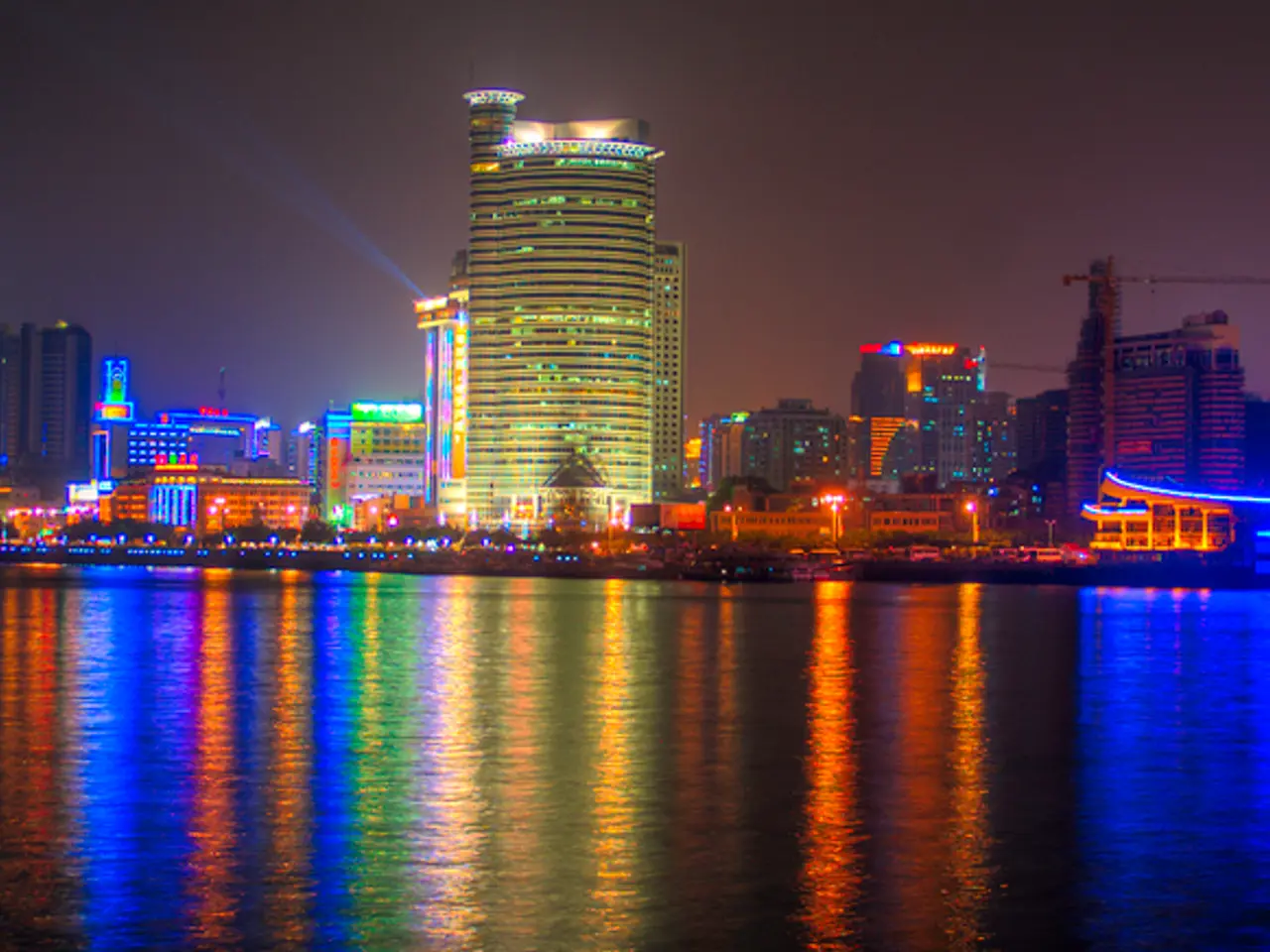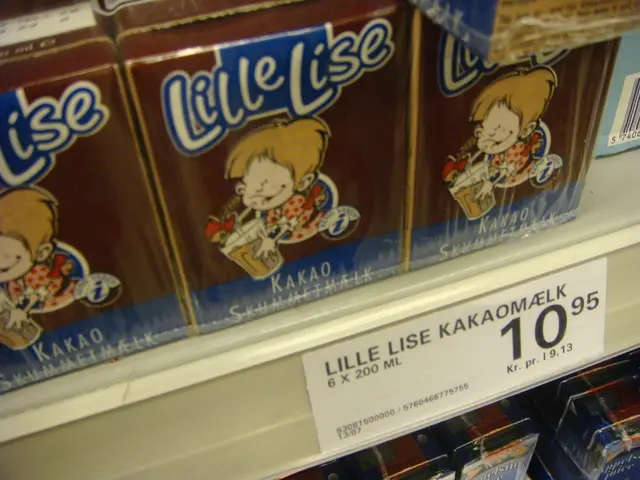Struggling with scarcity: Residents under Russian control in Ukraine deal with acute water deficiency
The Donetsk region of Ukraine, particularly the city of Mariupol under Russian occupation, is currently grappling with an acute water crisis. This crisis, driven by the ongoing conflict and Russian control, has led to severe disruptions in water supply and rationing, with residents often receiving water only every two to three days [1][3][5].
Ukraine's cessation of water supply through the Siverskyi Donets-Donbas canal to Russian-held areas has triggered severe shortages [1]. Mariupol, heavily damaged by the war, suffers from collapsed infrastructure and limited access to basic utilities including water [3]. The Russian-installed administration acknowledges the crisis, with Denis Pushilin, head of the occupation authorities, considering desalination plants as a possible long-term solution, but no concrete plans or funding have materialized yet [1][4].
Residents are left to cope with water scarcity by relying on collecting rainwater and hauling water manually [3]. The longstanding infrastructure in Donetsk was already deteriorated before the war, with around 80% of the water system aged or worn out. Since Russia’s full-scale invasion in 2022, the situation has worsened due to both the conflict damage and the Ukrainian cut-off of the regional canal’s water supply to the occupied territories [2][4].
Russia built an alternative canal (Don-Donbas) in 2023, but it has not resolved the crisis entirely [2][4]. Water availability in occupied Donetsk and Mariupol is now a humanitarian emergency, with residents frequently deprived of water for days and facing water that is often unsafe [5]. The local Russian authorities prioritize supplying industrial facilities over residents, contributing to the crisis [5].
Images circulating on Telegram show the strategies residents are taking to cope with the shortages, such as using buckets to collect water from windows [4]. The US-based Institute for the Study of War argues that the current water crisis is "Russian-created" [4].
On July 27, Russia announced that more than 60 water tankers from sponsoring regions will arrive in the Donetsk region, and 75 tankers from Moscow have already arrived [4]. However, Hird, an expert on the region, is skeptical about the effectiveness of these measures in solving the water crisis [4].
The Don-Donbas pipeline, launched to address the crisis, has already sustained partial damage and is proving insufficient to meet the region's water demands [2]. The crisis is compounded by decades-old worn-out infrastructure and conflict damage [2].
Hird also points to broader, more long-term consequences, including potential problems with power plants that rely on a water supply for electricity generation [2]. Particularly acute water problems began on July 22, when the water supply schedule was introduced. Water in Mariupol is supplied on a schedule, once every two days, for several hours at a time [1].
Our Observer in Mariupol reported that their water supply was damaged during fighting and now provides only a trickle, with about 30-40 liters per day [1]. Residents have had to adapt to the water shortage, planning their water consumption for each day and conserving water [1].
Pushilin stated that the situation with internal reservoirs is close to critical. These reservoirs, located around Donetsk, have been contributing to the city's water supply but are now drying up because of the intense heat [1]. Among the affected infrastructure is the Siverskyi Donets-Donbas canal, a primary water source for the entire region [1].
Residents of the Donetsk Republic sent an open letter to Russian President Vladimir Putin on July 23, protesting the "disgusting" quality of their water supply, a "critical and unacceptable" water schedule, and "unfair" water rates [3]. On August 4, Pushilin announced that water bills will be reduced "to the minimum possible level" and the fee for water sewage disposal will be "completely cancelled" [3].
This situation represents a catastrophic breakdown in basic water services for the region’s residents due to the war and shifting control [1][2][3][4][5]. The Russia-backed local authorities have been blaming Ukraine for the water crisis [4]. The US-based Institute for the Study of War reported on July 23 that a "Russian-created water crisis" is creating "unsanitary living conditions in several areas of occupied Ukraine" [4].
References:
- BBC News
- The Guardian
- The Washington Post
- Reuters
- The New York Times
In light of the water crisis in Mariupol, under Russian occupation, there's a dire need for health-and-wellness analysis to determine the impact of limited water supply on residents' health. Moreover, the science community should delve into potential solutions for the aging water infrastructure in Donetsk, considering the precarious state of the region's water system.




